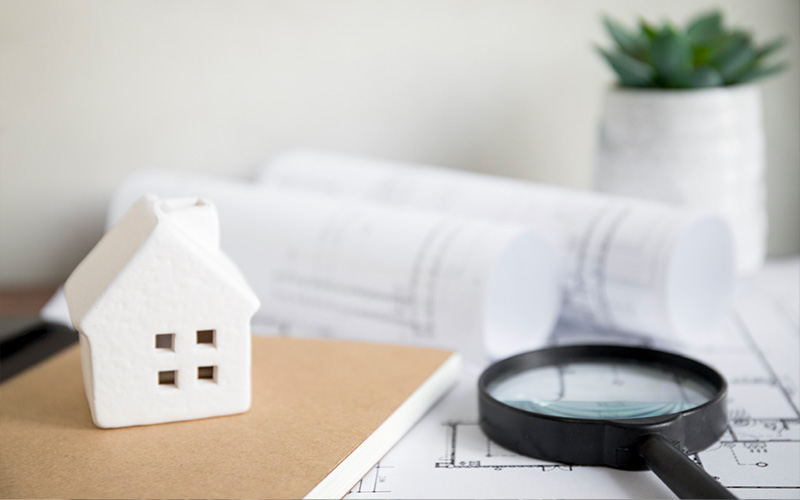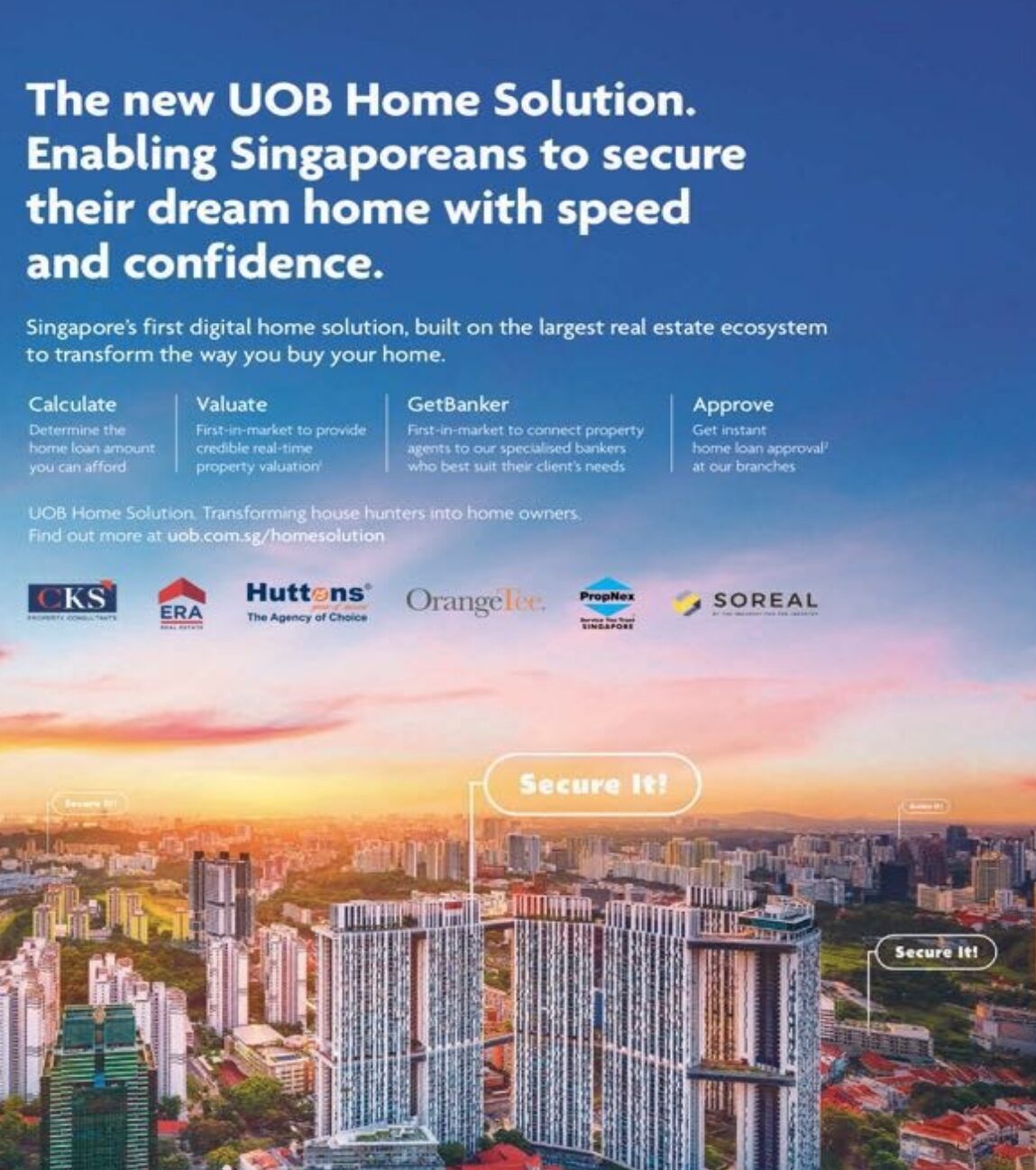Selling Smart: When and How to Sell Property in Singapore
Blogs & Articles / 5 Qualities to Look for in a Property Valuation Expert

Key Takeaways:
- How Do Market Conditions Influence Property Buyer Decisions?
Interest rates, government cooling measures, global economic situations, and budget announcements directly affect affordability, buyer sentiment, and transaction volumes in Singapore’s property market.
- What Tools Can Help You Track the Singapore Property Market Like a Pro?
When selling property in Singapore, use the URA Property Price Index (PPI), HDB Resale Price Index (RPI), and SRX Property data to monitor trends, benchmark prices, and guide valuation decisions.
Introduction
Timing and process are everything when it comes to selling property in Singapore. From managing a portfolio of investment properties to advising clients on divestment strategies, understanding market trends and regulatory impacts can make all the difference in both speed and profitability.
In this guide, we explore the best time to sell property in Singapore. Let’s also determine how seasonal and economic patterns play a part in influencing the sales process, and which tools should be used to stay ahead in a shifting market.
Why Timing Matters in the Singapore Property Market
Shaped by global economic shifts, policy changes, and local demand cycles, Singapore’s property market is dynamic. Unlike in many other countries, real estate cooling measures in Singapore, such as Additional Buyer’s Stamp Duty (ABSD) and loan curbs, directly impact buyer behaviour and pricing power.
If you’re selling property in Singapore without considering these external forces, you’re leaving value on the table.
What are the Seasonal Trends That Affect Sales Outcomes?
While Singapore doesn’t have four seasons, local cultural and practical rhythms create distinct buying windows. Understanding these can help property owners and real estate professionals capitalise on peak interest periods.
1. Post-Chinese New Year (February to March)
This is when many buyers re-enter the market with fresh financial goals and renewed motivation. Developers also tend to launch new projects during this time, increasing overall market activity.
2. Mid-Year (April to July)
Families often aim to finalise property purchases before the new school term begins. This window is especially relevant for those selling family-sized condominiums or HDB flats located near popular schools.
3. Year-End Slowdown (December)
Typically, property viewings and transactions dip as prospective buyers travel or focus on year-end festivities. It’s not impossible to sell during this period. However, pricing and marketing strategies should be adjusted accordingly.

What are Some Market Conditions That Influence Buyer Decisions?
Apart from the calendar, macroeconomic indicators and government policies may also affect Singapore property market trends. Be aware of the following conditions:
1. Interest Rate Fluctuations
In a rising interest rate environment, borrowing costs increase, reducing home loan affordability. Sellers may need to adjust price expectations or invest in property upgrades to maintain buyer interest.
2. Real Estate Cooling Measures in Singapore
Regulations such as ABSD hikes and TDSR (Total Debt Servicing Ratio) revisions have a direct effect on transaction volumes. For instance, the July 2025 cooling measure revised the Seller’s Stamp Duty by extending the holding period to 4 years and raising SSD rates. This has encouraged longer-term property holding in the private residential market.
3. Budget Announcements
Singapore’s annual Budget may include property-related measures, including tax incentives or new housing grants. These announcements can influence buyer sentiment and shift demand between segments (e.g. HDB vs private).
How to Track the Property Market Like a Pro
Whether you’re an investor, developer, or broker, data-backed decisions are crucial. Here are the key tools for monitoring a property valuation in Singapore and overall trends:
1. URA Property Price Index (PPI)
Offers quarterly insights into private residential property trends. Essential for sellers targeting the condominium and landed property segments.
2. HDB Resale Price Index (RPI)
Tracks the performance of resale HDB flats. Useful when pricing public housing or benchmarking against historical transaction data.
3. SRX Property
A go-to source for real-time asking price benchmarks, rental yield data, and market sentiment indicators.
Incorporating insights from these platforms can enhance your real estate appraisal efforts and guide clients on when to list their properties for maximum return.
How Professional Valuation Helps
Smart property selling in Singapore is about aligning your sale with buyer sentiment, policy shifts, and demand cycles. By staying informed of the market trends and leveraging valuation tools, you’re better equipped to sell faster, negotiate better, and deliver more value.
A crucial part of selling property in Singapore smoothly is getting an up-to-date, professional property valuation. While pricing tools and public indices provide direction, engaging certified property valuers ensures your asking price aligns with both current market realities and financing requirements.
With CKS Property Consultants’ market expertise and network of trusted property valuers, we’re here to help you make that smart move.
Get in touch for a professional property appraisal and strategic guidance on selling property in Singapore.
Copyright © 2024 CKS Property Consultants Pte Ltd


